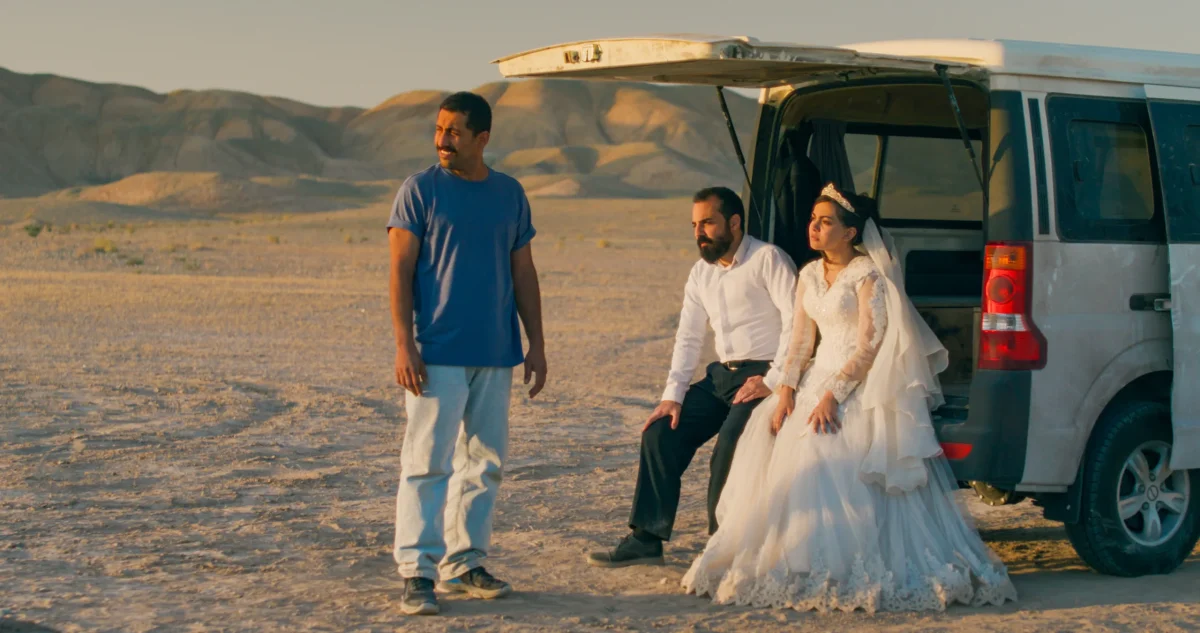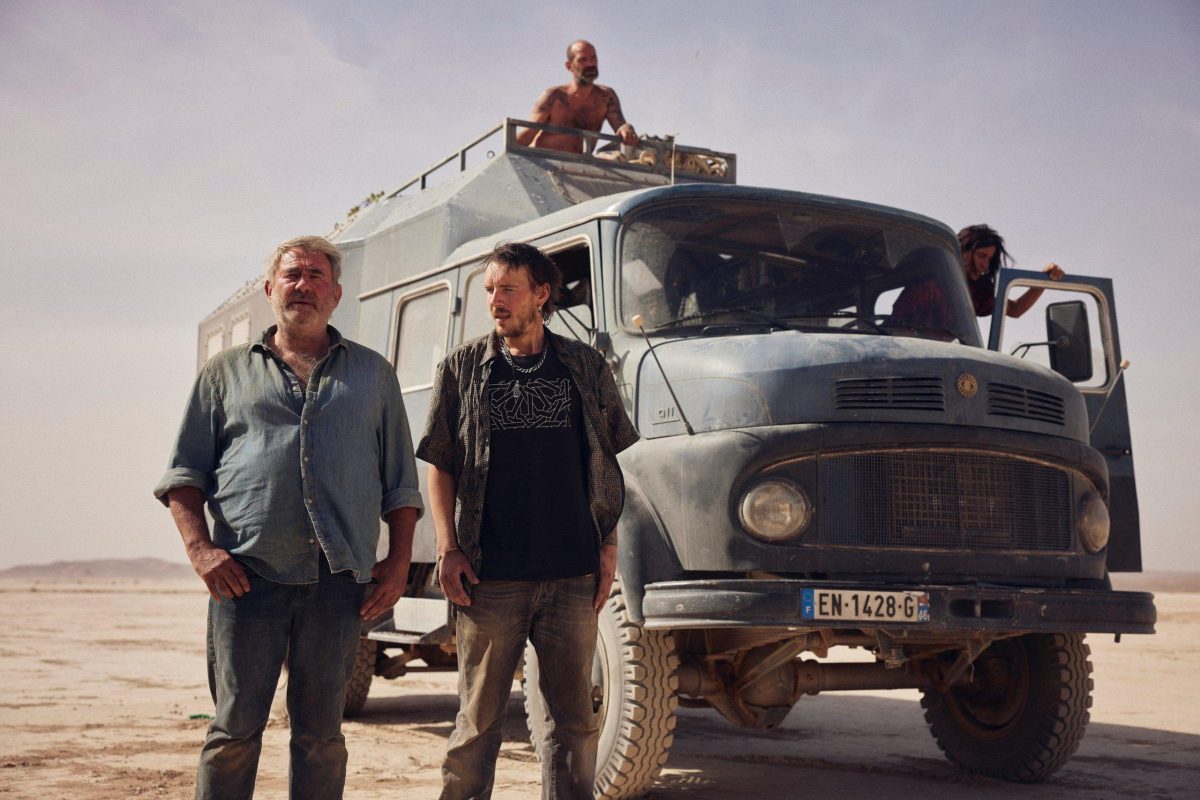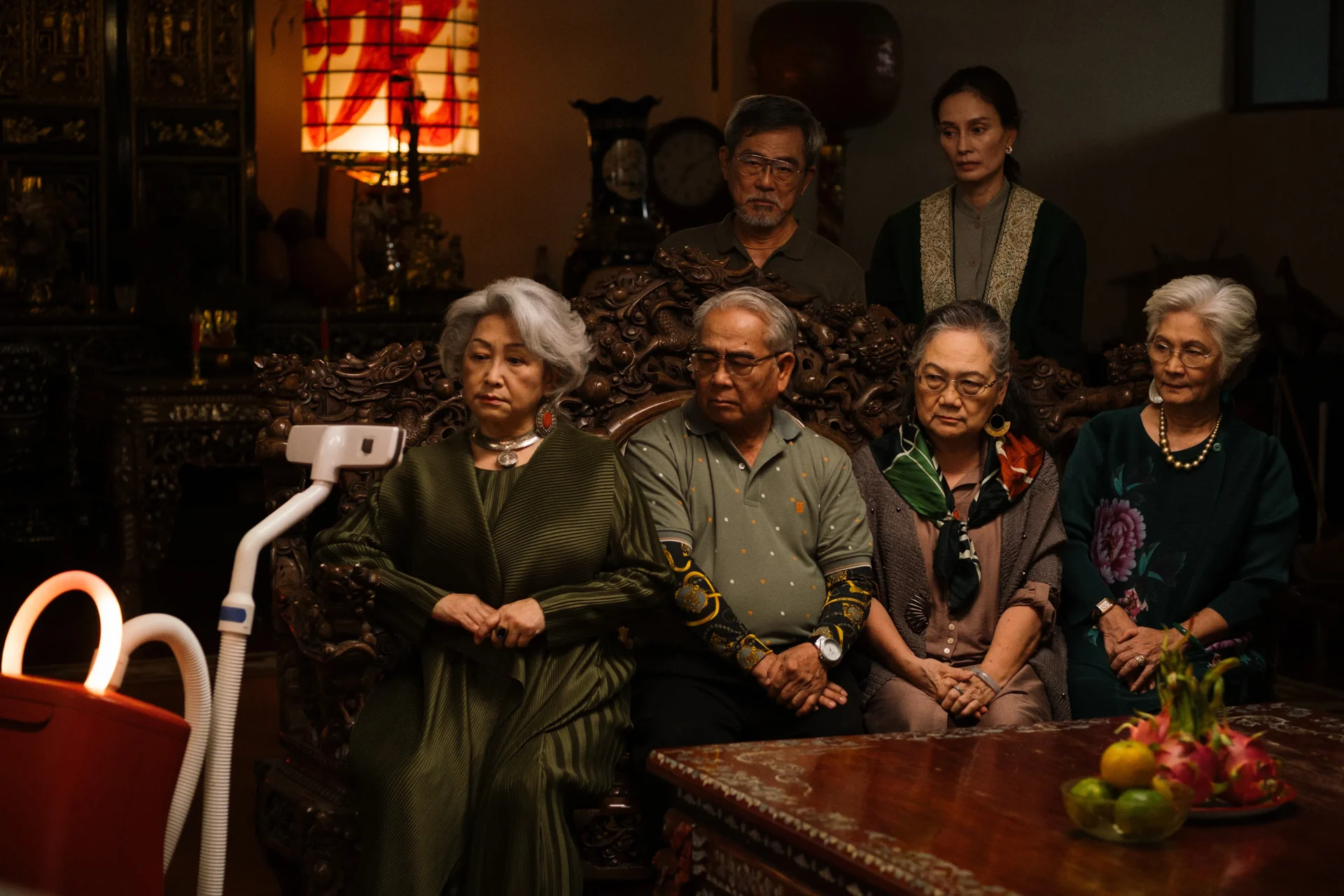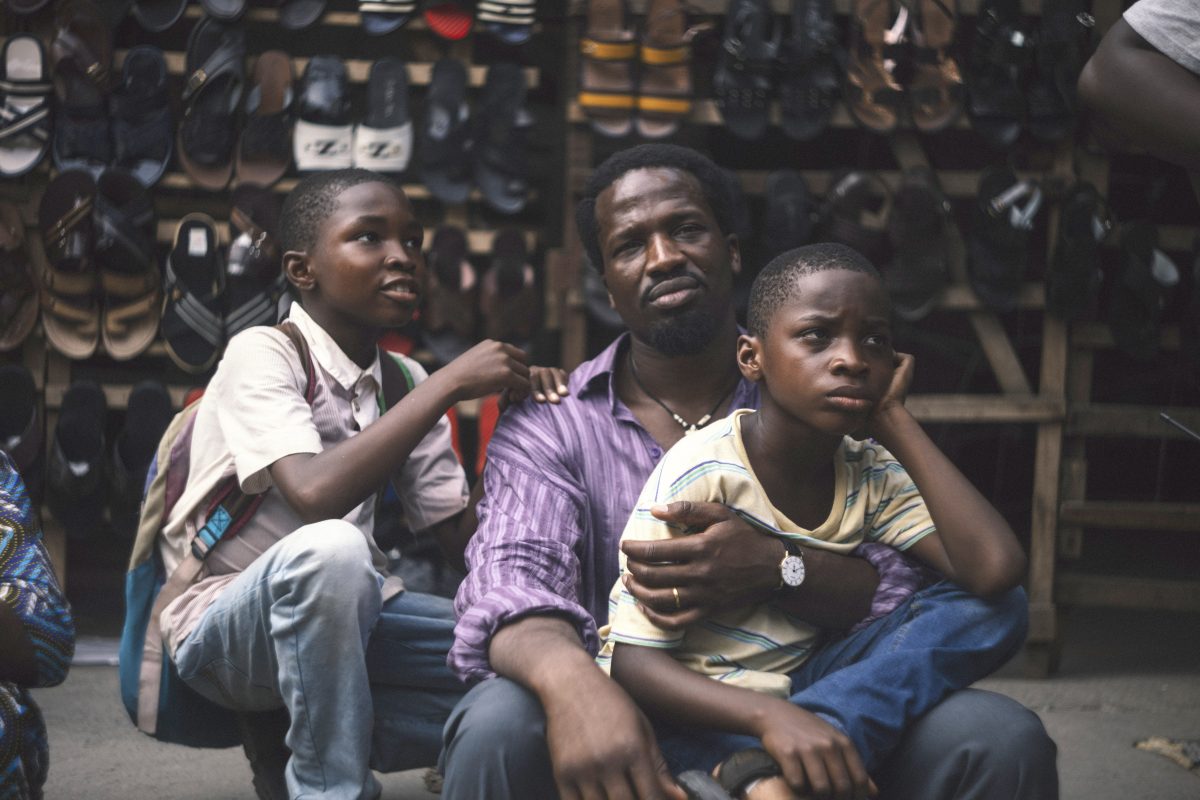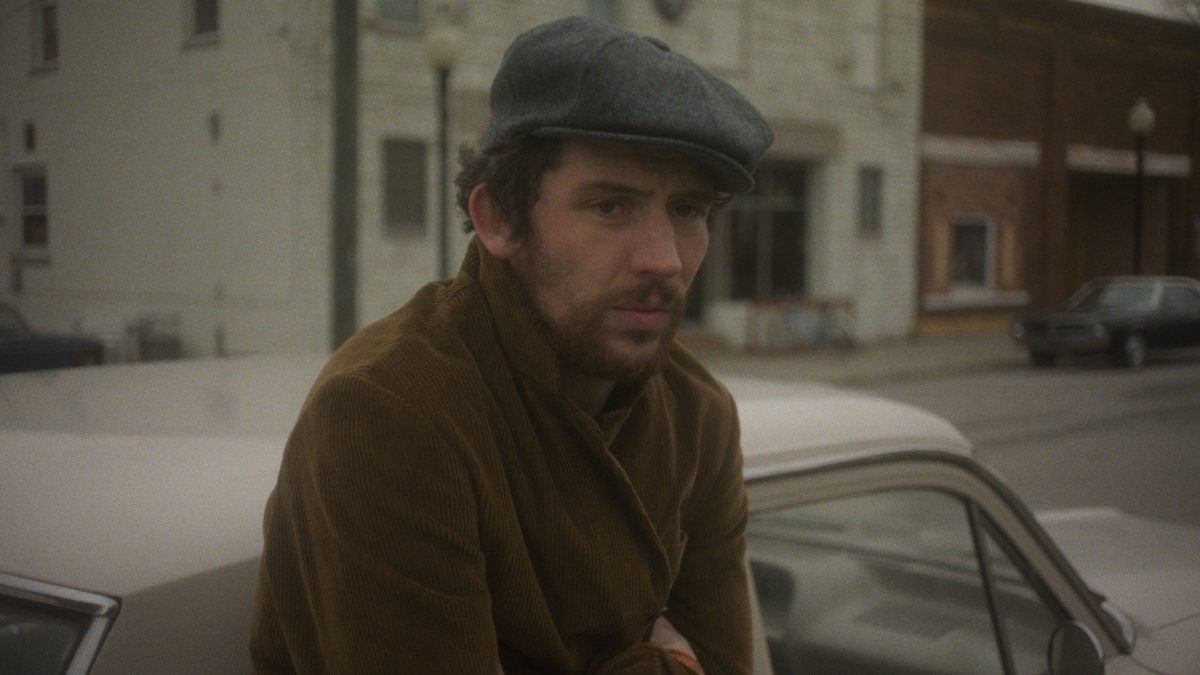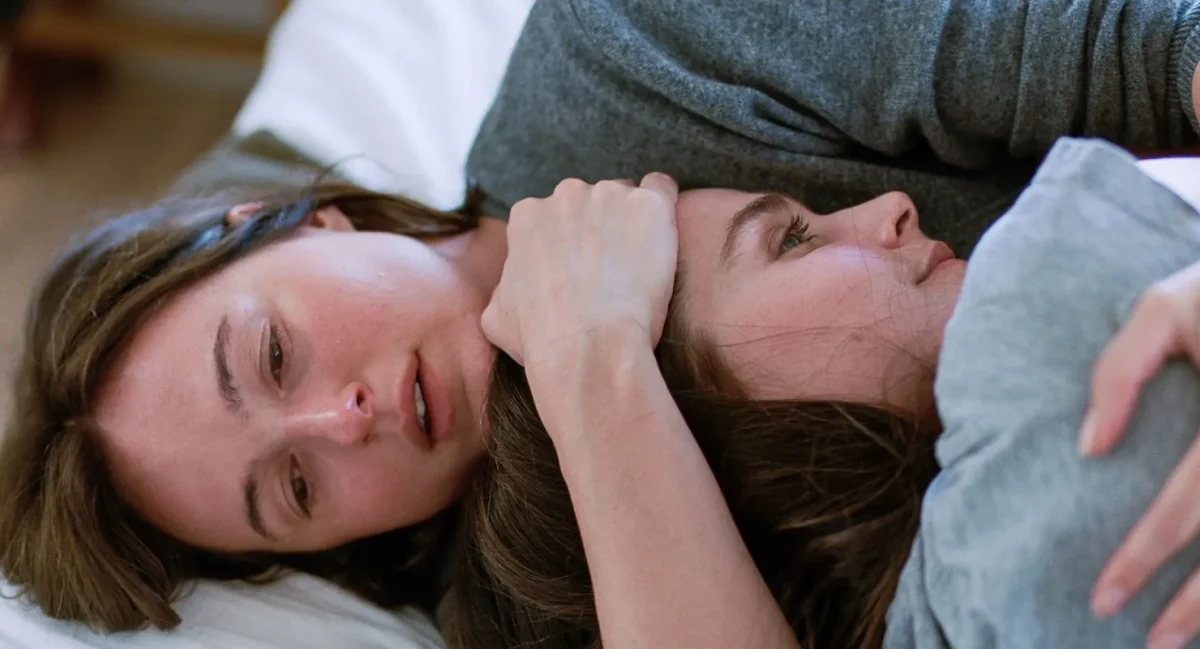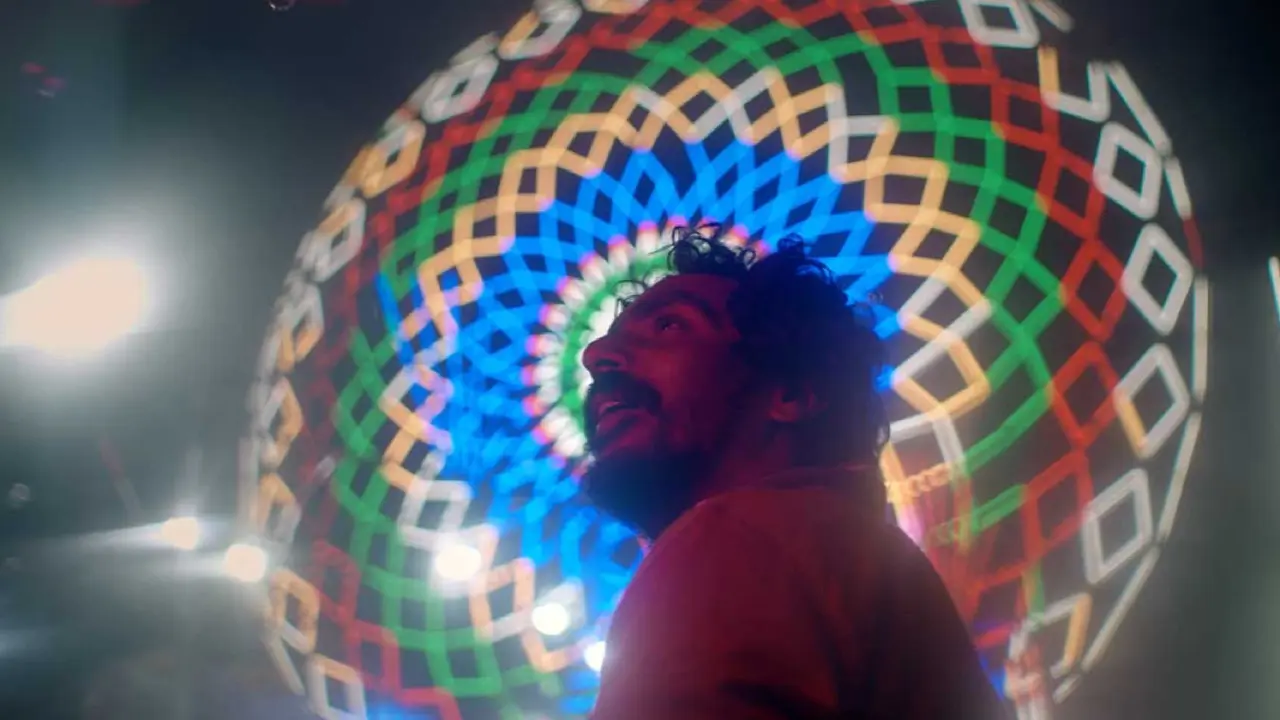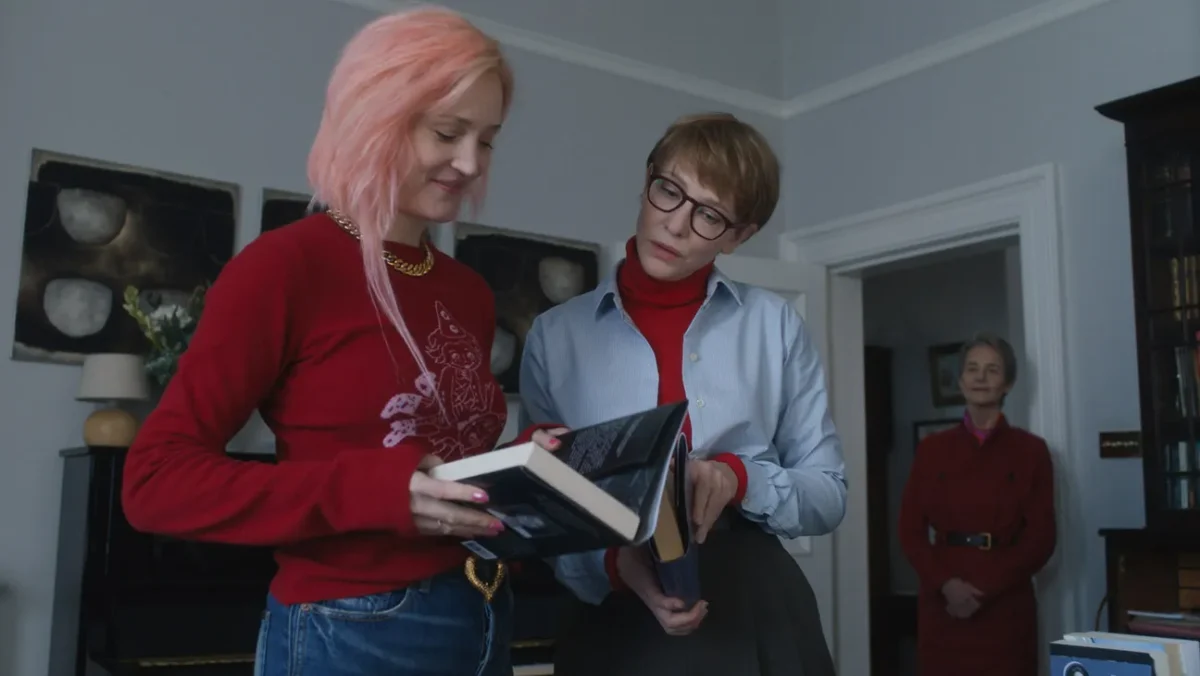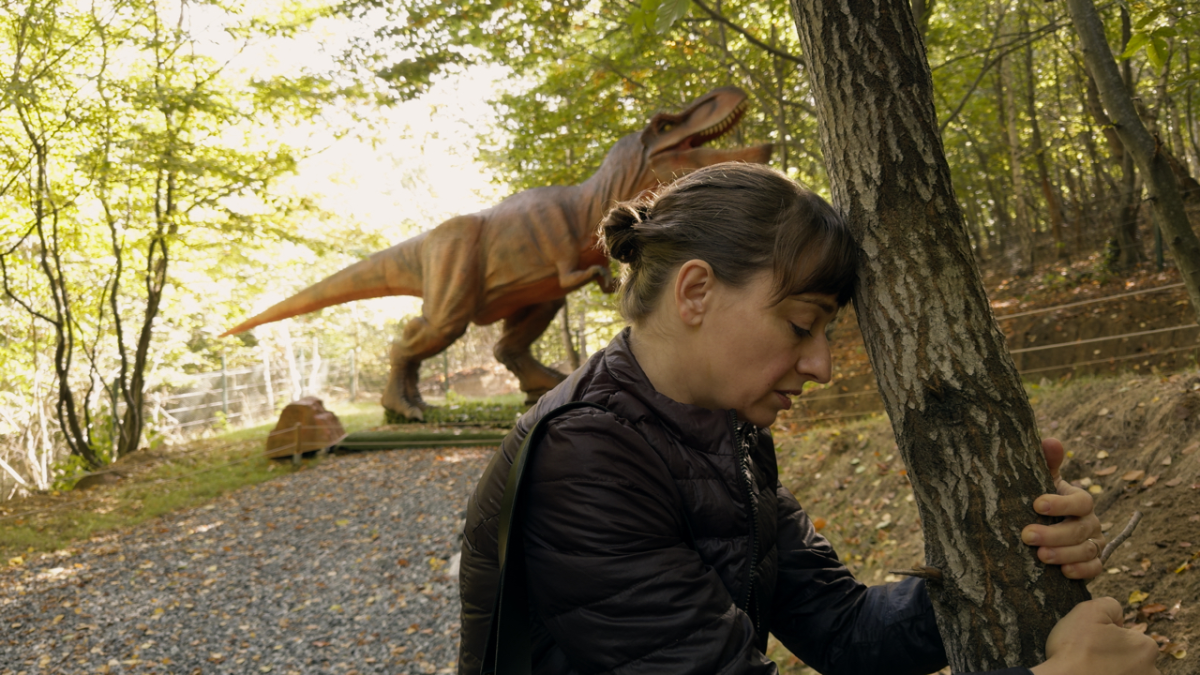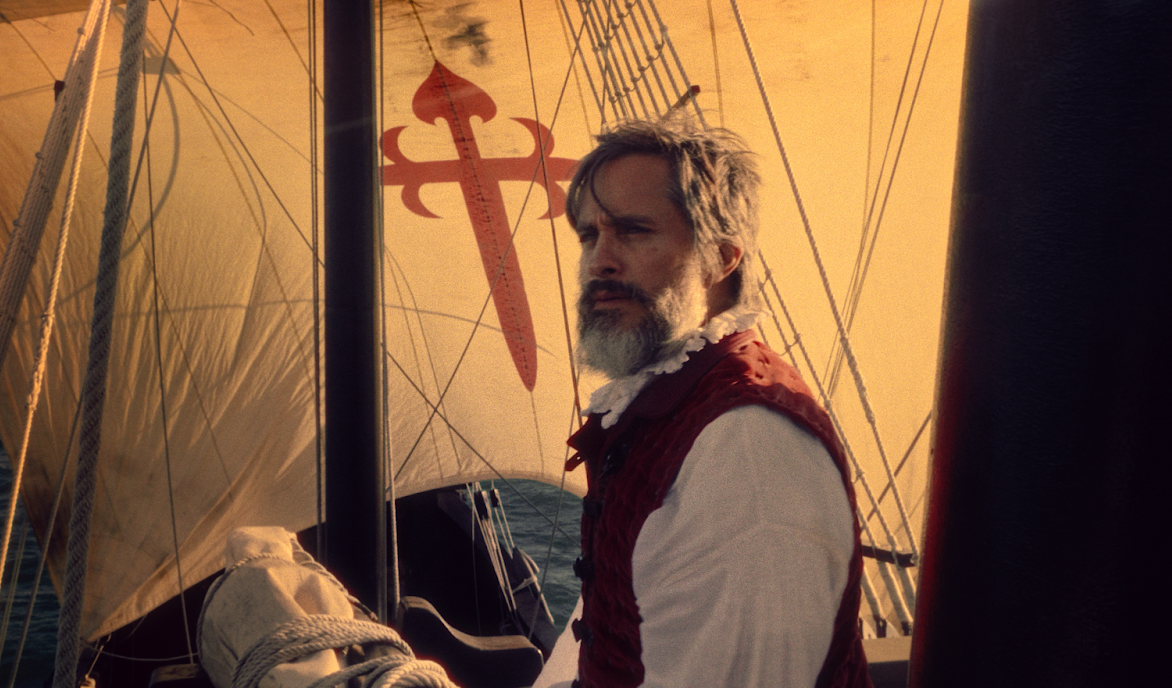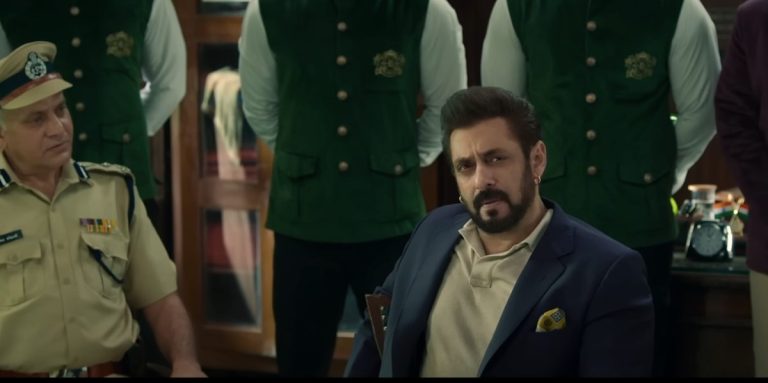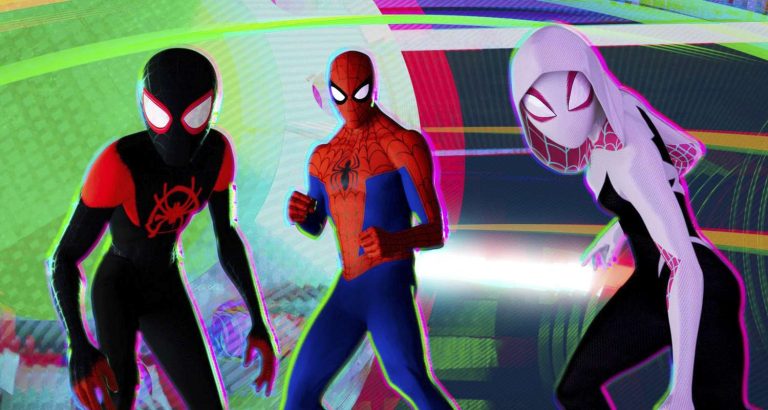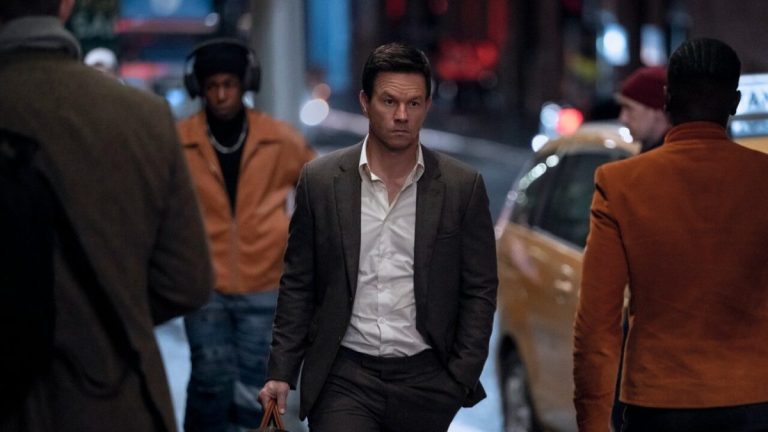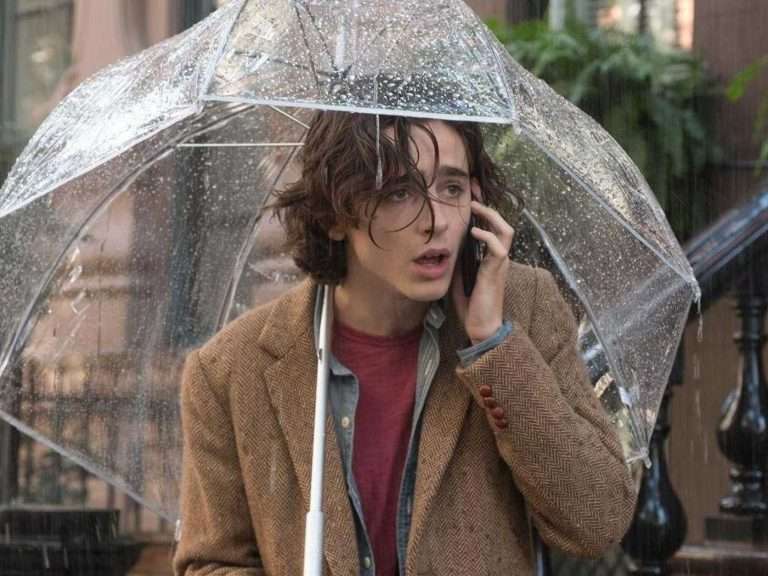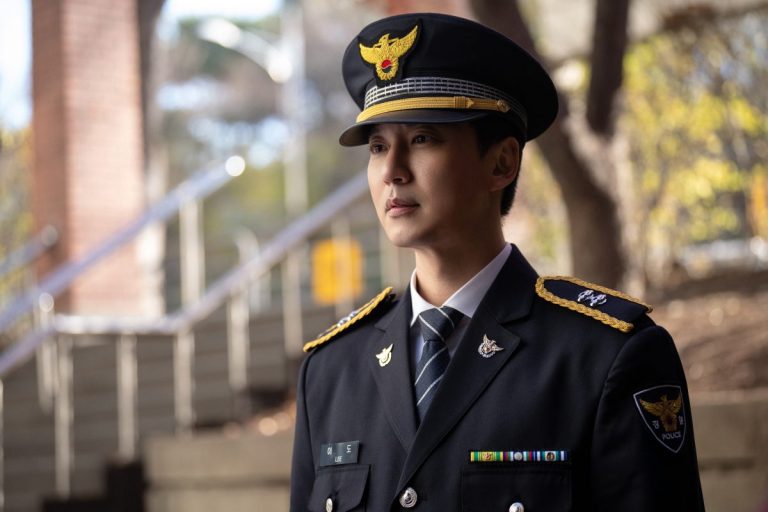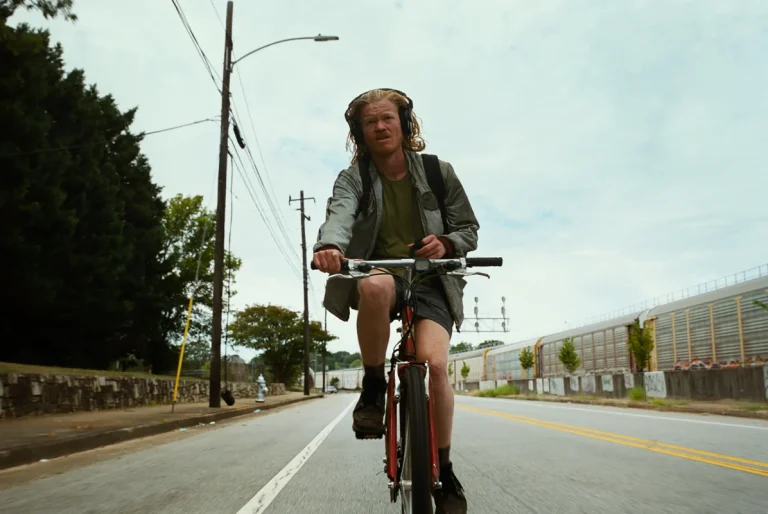The 56th International Film Festival of India arrives in 2025 with an ambition that feels almost ceremonial. Held in Panaji, Goa, from November 20 to 28, this year’s edition gathers more than 240 films from 81 countries, a vast constellation of voices shaped by new anxieties, new aesthetics, and a renewed global curiosity. It opens with Gabriel Mascaro’s dystopian drama The Blue Trail and closes with Ratchapoom Boonbunchachoke’s supernatural black comedy A Useful Ghost.
IFFI 2025 leans into scale, but also specificity. Japan takes center stage as the Country of Focus with six curated titles, while Spain joins as the Partner Country and Australia as the Spotlight Country. The festival’s programming embraces an impressive breadth: a fiercely competitive International Competition, a slate of debut filmmakers from across continents, restored classics, UNICEF-supported films, experimental and macabre selections, and more than 50 works by women directors.
Across nine days, IFFI promises premieres (13 world, 5 international, 44 Asian), retrospectives of cinematic legends, and 21 masterclasses. In this list, we highlight 20 must-see films from the festival’s rich lineup—works that define the spirit of IFFI 2025 and reflect the evolving pulse of world cinema.
1. It Was Just an Accident
Jafar Panahi’s It Was Just an Accident (Yek tasadef sadeh) plays in the From the Festivals – 2025 section at IFFI, instantly making it one of the event’s most urgent selections. Shot secretly across Tehran and Iran, the film has already been described as Panahi’s boldest act of cinematic defiance since No Bears.
As his first feature made as a fully unrestricted artist after years of state-imposed torment, the film carries the electric charge of liberation—raw, risky, and unfiltered. In our ‘Cannes’ review, Shivam Pota leaned into how Panahi once again merges danger with compassion, creating a narrative that interrogates justice, vengeance, and the moral distortions produced by authoritarian brutality.
Below is an excerpt from our review:
For the longest time, I’ve always wondered what bravery means in cinema. Is it invention, self-sacrifice, or speaking the quiet part aloud? During the 78th Cannes Film Festival, many films were powerful, but only one felt brave. Shot in secret without permits and in defiance of Iranian restrictions, “A Simple Accident” left me slack-jawed when the credits hit.
2. Sirāt
Oliver Laxe’s Sirāt, screening in IFFI’s From the Festivals – 2025 section, arrives with the shock and ambition of a filmmaker pushing himself into a new zone of mythmaking. Laxe, already celebrated for Mimosas and Fire Will Come, opens Sirāt with an audacity that feels like a challenge to the viewer—an announcement that the film intends to transform those who watch it.
Blending its modern, tech-infused urgency with the classic “descent into hell” structure, the film positions itself as a spiritual successor to The Wages of Fear and Friedkin’s Sorcerer. In our review, we leaned into how Laxe merges genre, mysticism, and emotional danger into one feverish journey across the Moroccan desert.
Below is an excerpt from our review:
Rarely does a film announce its intentions as boldly as “Sirât,” the remarkable new feature from Oliver Laxe. Although it’s bracingly modern with its creative use of technology, “Sirât” is a classical story about a descent into hell made by desperate characters forced to work together by convenience.
3. A Useful Ghost
Ratchapoom Boonbunchachoke’s A Useful Ghost, the Closing Film of IFFI 2025, is a wickedly inventive, emotionally playful supernatural tale that has already charmed global festival audiences. Blending humor, melodrama, and meta-commentary on modern anxieties, the film uses its ghostly premise not for fear but for tenderness and satire. In our ‘Cannes’ review, Debanjan Dhar explored how Boonbunchachoke uses hauntings as metaphors for unresolved love, grief, and social pressures—creating a film both eccentric and surprisingly moving.
Below is an excerpt from our review:
There are many kinds of ghosts in “A Useful Ghost.” They range from avenging and embittered to pleasant, generous, and helpful. Beneath its wacky narrative frame lies a deliriously charming saga: March, still grieving his wife Nat, welcomes her return as a ghost occupying a vacuum cleaner, much to the horror of his family. Nat insists she means well, but relatives deem this human–ghost reunion immoral.
4. My Father’s Shadow
Akinola Davies Jr.’s My Father’s Shadow arrives at IFFI 2025 as one of the most significant African titles of the year, screening in the International Competition. The film has already made history as the first Nigerian feature to debut at Cannes and later became the United Kingdom’s official Oscar submission—an extraordinary achievement for a modest, deeply personal production.
Blending political turbulence with intimate storytelling, Davies crafts a coming-of-age narrative set against the charged atmosphere of Nigeria’s 1993 presidential election. In our review, Liam Gaughan explored how the film uses this historical moment not merely as context but as an emotional crucible, shaping its characters’ identities in real time.
Below is an excerpt from our review:
“My Father’s Shadow” (2025) is among the buzziest Nigerian films in recent years, as it became the first to ever debut at the Cannes Film Festival and the United Kingdom’s submission for the Academy Award for Best International Feature. Although it would be unfair to place such responsibilities on such a modest independent production, the film is likely to be informative for audiences unaware of the military regime that followed Nigeria’s independence.
5. The Mastermind
Kelly Reichardt’s The Mastermind, playing in IFFI’s From the Festivals – 2025 showcase, continues the director’s quiet but radical dismantling of American mythmaking. Known for reframing genres from a feminist, minimalist, almost anthropological perspective, Reichardt turns her attention here to the masculine obsession with wealth and power. The film has been praised internationally for its slow-burn tension and its portrait of a society inching toward collapse. In our ‘Cannes’ review, we examined how Reichardt repurposes genre tropes—historical, thriller, western, road movie—to expose the underlying rot of American ambition.
Below is an excerpt from our review:
Kelly Reichardt has cemented her place in the international arthouse scene through a consistent, unassuming deconstruction of genre. With “The Mastermind,” she foregrounds the masculine quest for capital to paint a view of America headed toward its lowest point. A director who once described “Meek’s Cutoff” as “a Western from the perspective of the woman who pours John Wayne’s coffee,” Reichardt again examines how genres uphold masculine power structures. This time, her sights are set on the most conventional terrain yet—yet every moment still hums with her signature serenity masking something sinister.
6. Sentimental Value
Joachim Trier’s Sentimental Value (Affeksjonsverdi) arrives at IFFI 2025 with the kind of prestige only a Grand Prix win and ecstatic early festival reactions can generate. Screening in the From the Festivals – 2025 section, the film marks Trier’s highly anticipated follow-up to The Worst Person in the World, once again reuniting him with Renate Reinsve.
Early word suggests Trier leans deeper into the tensions between art, memory, and emotional restitution—territory that aligns him with the introspective tradition of European meta-cinema. In our ‘Cannes’ review, Julian Malandruccolo explored how Trier frames artistic creation as both a site of healing and an arena where unresolved wounds continue to echo.
Below is an excerpt from our review:
Expectations couldn’t possibly be higher for Trier’s follow-up to “The Worst Person in the World,” and if initial word-of-mouth is to be believed, “Sentimental Value” has more than delivered. Maybe—just maybe—the overwhelming sweep of Palme d’Or buzz (culminating in an eventual second-place Grand Prix win) might be due in part to Trier’s chosen approach: healing through the artistic process.
7. No Other Choice
Park Chan-wook’s No Other Choice (Eojjeolsuga eobsda) arrives at IFFI 2025 as one of the festival’s marquee titles, screening in the From the Festivals – 2025 section. Already celebrated across the global circuit, the film has been hailed as Park’s funniest and most philosophically playful work in years—an unexpected blend of existential inquiry and freewheeling comic chaos.
With Lee Byung-hun leading the charge, Park continues his lifelong fascination with human impulse, moral contradiction, and the absurdity of choice. In our ‘TIFF’ review, we unpacked how the film uses its spiral of misfortunes to pose the very questions that have animated Park’s career: what drives people, and why do they cling so fiercely to identity when the universe shrugs back?
Below is an excerpt from our review:
Like most filmmakers, the major faces of South Korea’s cultural crossover didn’t prepare for cinema from the outset, and Park Chan-wook is no exception. His university pursuit of philosophy becomes increasingly apparent as one dives into the contemplative yet raucous statements across his work. “No Other Choice,” Park’s latest and perhaps most dizzyingly funny affair, may not seem concerned with the big questions at first, but it soon forces us into a constant daze asking: “Why not?”
8. Miroirs No. 3
Christian Petzold’s Miroirs No. 3, screening in IFFI’s From the Festivals – 2025 section, continues the German auteur’s ongoing fascination with emotional dislocation, grief, and the quiet ruptures that redirect a life. Known for Transit, Undine, and Afire, Petzold has developed a precise, minimalist way of observing human fragility—an approach that early festival reactions say reaches an especially distilled form here.
With Paula Beer returning for their fourth collaboration, the film once again leans toward Petzold’s signature blend of the uncanny and the intimately human. In our review, Ollie Wheaton explored how Petzold begins with disquiet and ends with something closer to transcendence, crafting a film that rewards active, attentive viewing.
Below is an excerpt from our review:
For the first few minutes, I was unsure where “Mirrors No.3” was heading. It opens in an ethereal, dreamlike manner before veering into something tragic and grim—almost like the start of a horror film. But after this pivot, the film becomes more meditative and gentle, its tight runtime full of emotional substance.
9. The Chronology of Water
Kristen Stewart’s The Chronology of Water, screening in IFFI’s Cinema of the World section, arrives as one of the most distinctive directorial debuts of the year. Adapted from Lidia Yuknavitch’s acclaimed memoir, the film upends the traditional sports-biopic template, choosing fragmentation, sensorial intimacy, and emotional rawness over triumphalist clichés.
Early festival responses have praised Stewart’s willingness to push into discomfort—crafting a film that feels mythic, bruised, and deeply humane. In our review, we explored how Stewart reframes athletic prowess as a battleground for identity, trauma, and rebirth, privileging memory’s disjointed rhythms over linear uplift.
Below is an excerpt from our review:
If “based on a true story” has lost its meaning in the sports-biopic deluge, Stewart’s “The Chronology of Water” refuses all formula. Her adaptation of Yuknavitch’s autobiography becomes an intoxicating study of rebirth and healing. Imogen Poots delivers one of the year’s best performances as Lidia, a gifted swimmer haunted by physical, emotional, and sexual abuse inflicted by her father.
10. Silent Friend
Ildikó Enyedi’s Silent Friend (Stille Freundin), screening in IFFI’s Mission Life section, is one of the festival’s most ambitious slow-cinema offerings—150 minutes of temporal drift, philosophical inquiry, and quiet emotional accumulation. On paper, its century-spanning structure and meditative pacing could suggest the type of arthouse austerity that scares off even committed cinephiles, but early festival responses have celebrated its humanity and intellectual generosity. In our review, we examined how Enyedi transforms a place-based narrative into something tender and alive, weaving three timelines into a single, evolving meditation on memory, nature, and the persistence of curiosity.
Below is an excerpt from our review:
When judged only by its premise, “Silent Friend” might sound like unbearably pretentious arthouse cinema. But instead of being toothless or dispassionate, it’s filled with life, hope, and spirited discussions about time. Set in a German town that evolves from a misogynistic university into a haven for scientists, the film spans 1908, 1972, and 2020. Grete, Hannes, and Dr. Tony Wong each uncover patterns within nature through their own struggles and desires. Rather than collapsing the eras into tidy parallels, Enyedi commits fully to each timeline, finding quiet, resonant notes of shared humanity across a century.
11. Little Trouble Girls
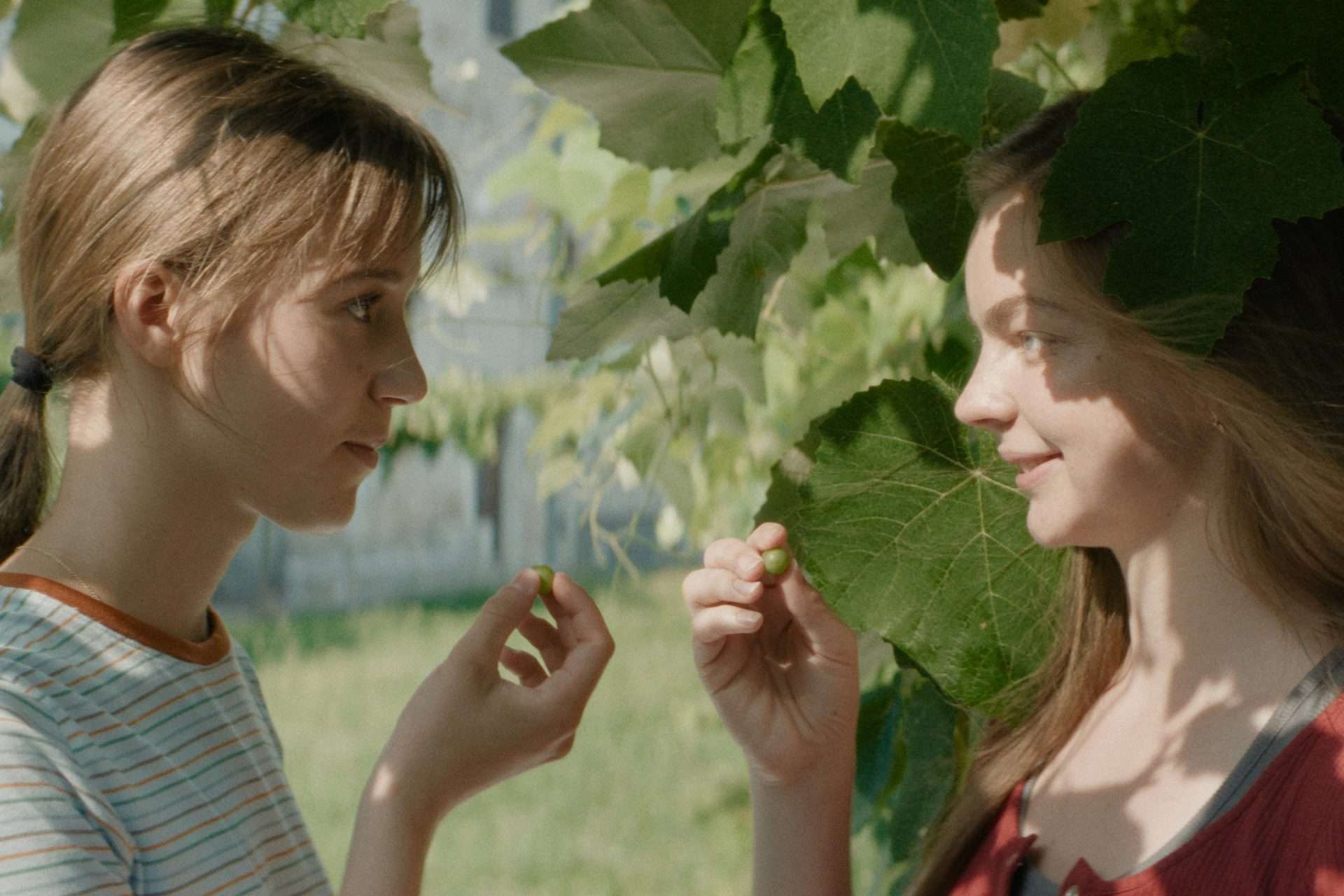
Urška Djukić’s Little Trouble Girls (Kaj ti je deklica), screening in IFFI’s International Competition, arrives as one of the festival’s boldest examinations of adolescent desire and the oppressive structures built to contain it. Djukić, already known for her sharp visual instincts, approaches girlhood with a mix of ferocity and tenderness—mapping the tremors of sexual awakening against the suffocating strictures of a Catholic school that equates femininity with obedience. In our ‘Berlinale’ review, we explored how the film captures that volatile liminal zone between innocence and self-discovery, where the slightest spark can collapse the boundaries adults insist on maintaining.
Below is an excerpt from our review:
Sex and desire fill the air in “Little Trouble Girls,” hurtling toward the teens at its center whether they want it or not. Sixteen-year-old Lucia, cautious and tightly policed by her mother, is taught to fear the “bad girl” within. The school choir demands perfect discipline—until newcomer Ana-Maria arrives and the decorum begins to crack. Djukić films the mounting erotic tension with something blazing yet delicate; every frame shivers with possibility.
12. In Search of the Sky
Jitank Singh Gurjar’s In Search of the Sky (Vimukt), screening in IFFI’s ICFT UNESCO Gandhi Medal lineup, stands out as one of the festival’s quietest yet most politically resonant Indian titles. Rather than rely on melodrama or grand declarations, Gurjar locates structural violence in the textures of everyday life—poverty, caste, disability, aging, faith—letting these forces accumulate with devastating subtlety.
His debut feature is a work of moral clarity and immense compassion, shaped by an eye attuned to how rural hierarchies press upon bodies, relationships, and even the land itself. In our review, Bipasha Bhattacharya examined how the film transforms ordinary routines into acts of resistance, challenging the idea that value is determined by productivity or social utility.
Below is an excerpt from our review:
Gurjar’s first feature is a film of hushed subversion, following an elderly couple and their intellectually disabled son surviving on the margins of rural Madhya Pradesh. Class and caste fault lines permeate everything—who deserves dignity, who is discarded, who is blamed for their suffering. Vidya’s insistence that her son is a gift of God becomes an act of defiance against poverty, ableism, and a society that measures worth by labor.
13. Father Mother Sister Brother
Jim Jarmusch’s Father Mother Sister Brother, screening in IFFI’s From the Festivals – 2025 section, arrives on a wave of renewed acclaim after its surprising but warmly received top-prize win at Venice. Marking his return to anthology storytelling, the film revisits the structure and spirit of Mystery Train, Night on Earth, and Coffee and Cigarettes—three stories linked less by plot than by mood, rhythm, and Jarmusch’s unmistakable affection for oddball human connection. In our ‘Biennale’ review, BJ Thoray explored how this “anti-action movie” distills Jarmusch to his purest form: dry, droll, melancholic, bemused, and quietly profound in how it regards the strange grace of everyday interactions.
Below is an excerpt from our review:
“Father Mother Sister Brother” marks Jarmusch’s return to anthology filmmaking. A sweet, slight work that lingers in awkward silences and the spaces of what goes unsaid, it may be peak Jarmusch—or at least Jarmusch boiled down to his essence. Told through three unrelated stories, it carries over his trademarks: recurring motifs, globe-hopping locations, coy humor, and a fondness for the pettiness of human interaction.
14. Kontinental ’25
Radu Jude’s Kontinental ’25, screening in IFFI’s From the Festivals – 2025 section, arrives with the usual mix of provocation, abrasion, and deadpan austerity that has made Jude one of contemporary Europe’s most divisive satirists. Known for toggling between hybrid essay films and caustic narrative experiments, Jude once again turns his eye toward institutional callousness and class precarity—only this time with a deliberately pared-down approach. In our ‘FNC’ review, we explored how Kontinental ’25 preserves Jude’s critical sensibilities while muting his louder essayistic impulses, creating a film where discomfort, observation, and cynicism sit in a fragile, uneasy balance.
Below is an excerpt from our review:
Imperfect as it may be to call Jude “Ruben Östlund for the late-period Godard crowd,” it’s a comparison that quickly clarifies whether Romania’s most prolific provocateur is for you. His latest, “Kontinental ‘25,” resists comedy almost entirely—its premise too solemn for satire—yet Jude pushes anyway.
15. Magellan
Lav Diaz’s Magellan (Magalhães), screening in IFFI’s From the Festivals – 2025 section, stands as one of the festival’s most radical acts of historical reclamation. Far from the glossy heroism that often colors depictions of European explorers, Diaz applies his signature minimalism and moral rigor to dismantle the myth of conquest itself.
The result is an austere, punishing, and unapologetically political epic—one that uses scale not to glorify its subject but to expose the violence, delusion, and spiritual rot beneath colonial ambition. In our review, we examined how Diaz reframes history through subtraction: stripping away grandeur, leaving only brutality, emptiness, and the human cost that textbooks conveniently omit.
Below is an excerpt from our review:
Given the sanitized ways European conquistadors are usually taught, “Magellan” acts as a deliberate counterargument, examining in stark detail how devastating these voyages were for indigenous people. Diaz refuses lionization; his minimalism captures a vast, hollow world devoid of heroism. Gael García Bernal plays Ferdinand Magellan, whose royal favor fuels an expedition to the Philippines that soon devolves into hellish suffering.
5 Other Films That Look Interesting (But We Haven’t Checked Out Yet)
16. A Poet
Simón Mesa Soto’s A Poet, part of IFFI’s International Competition, already carries the quiet confidence of a filmmaker whose work has been shaped by Cannes acclaim. Mesa Soto is known for intimate, socially attuned storytelling, and this feature appears to extend his fascination with vulnerable protagonists grappling with identity, aspiration, and self-worth. Early festival conversations suggest a tender but unsparing portrait of artistic formation in Colombia, mixing emotional sensitivity with a grounded political edge. Even without having seen it, A Poet feels like a potential standout.
17. The President’s Cake
Selected in the ICFT UNESCO Gandhi Medal lineup, The President’s Cake marks Hasan Hadi’s feature debut after his Cannes-recognized short films brought him international attention. The film reportedly weaves a domestic scenario into broader political commentary about life in contemporary Iraq, capturing the everyday anxieties and absurdities shaped by bureaucracy and authoritarian residue. With its restrained, human-centered approach and themes rooted in dignity and survival, The President’s Cake is poised to be one of the more thoughtful, politically resonant entries in its category.
18. Dreams (Sex Love)
Screening in the From the Festivals – 2025 section, Dreams (Sex Love) comes from Norwegian filmmaker Dag Johan Haugerud, a director long appreciated for his sensitive, literary, and quietly humorous style. His films often explore interpersonal ruptures with disarming warmth, and this one looks to continue that tradition—balancing emotional candor with understated comedy. The Norwegian title Drømmer hints at an interior, psychological slant, and early festival chatter suggests a character-focused drama that blends longing, awkwardness, and vulnerability in Haugerud’s signature understated way.
19. The Blue Trail
As the Opening Film of IFFI 2025, Gabriel Mascaro’s The Blue Trail is already positioned as a major event. The Brazilian director behind Neon Bull and Divine Love has a reputation for visually striking, thematically adventurous work, and early accolades—including a Berlin win—suggest this is among his boldest. Blending dystopian impulses with Mascaro’s usual interest in bodies, environment, and social control, the film reportedly uses its atmospheric tension to explore political decay and human resilience. It’s easily one of the most anticipated titles of the festival.
20. Calle Málaga
Part of Cinema of the World, Maryam Touzani’s Calle Málaga arrives with significant pedigree. Touzani’s earlier works (Adam, The Blue Caftan) earned widespread acclaim for their intimate emotional precision and cultural specificity. Her new film—set across Morocco, France, Spain, and Germany—appears to continue her interest in personal stories that ripple outward into larger social questions. Early viewers note the film’s quiet power, its attention to interior lives, and Touzani’s growing mastery of tone. If her past work is any indication, Calle Málaga is one to watch closely.
…
Whether you’re exploring the full program, revisiting past editions, or planning your own festival watchlist, you can dive deeper through the official IFFI website and explore more global conversations through IFFI’s International Cinema section and its Cinema of the World listings. If this list has helped guide your journey, consider following High on Films on social media.

